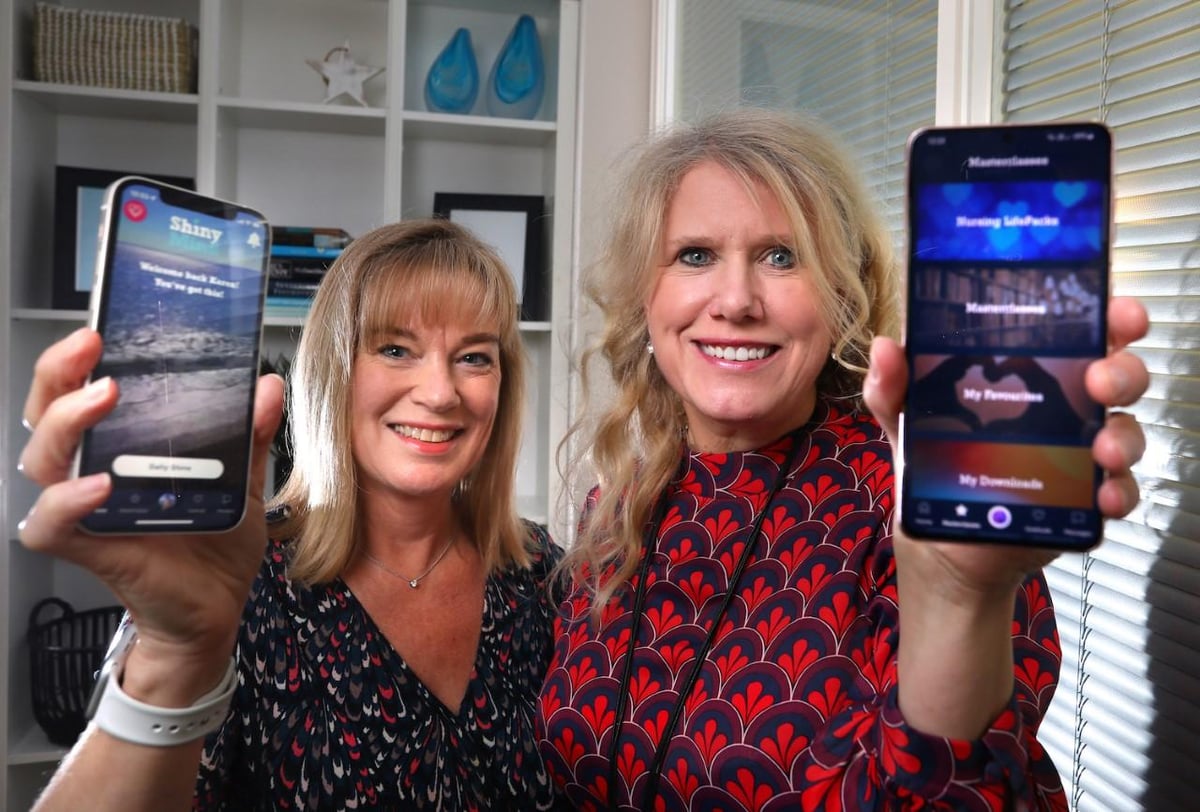A massive new review of scientific evidence suggests that mental health apps aren’t as effective as we’d hoped – at least not yet
Are you depressed? Don’t worry, there is an app for that. Anxiety? Yes, that too. ADHD? Panic disorder? Addiction? Yes, yes and yes.
And yet, despite the ubiquity of mental health apps, when researchers at the University of Wisconsin-Madison began digging into the available data to inform the development of their meditation app, they uncovered a glaring problem: Even with a growing number of clinical trials and studies on mental health apps, the evidence for their effectiveness does not hold.
“We failed to find compelling evidence to support a cellphone-based intervention on any outcome,” concludes the new research published in Digital Health PLOS. This included mental health apps for mood tracking and meditation, text support messaging and addiction support. While that might seem like a grim forecast for a fledgling $4.2 billion industry, lead author Simon Goldberg says STAT he thinks his team’s findings were more a symptom of a fledgling industry than a hopeless one. “I would bet the farm that if you wait five years and people keep doing these trials, there will be compelling evidence,” he explained.
Goldberg and his fellow researchers conducted a review of 14 meta-analyses that included 145 trials with nearly 50,000 participants, but they did not examine any individual applications or name any technology products directly in their study. However, in the studies cited in the reference section of their article, examples of products reviewed included mood-tracking apps like Mood Log and How Are You?, meditation apps like Wildflowers and Headspace, and music apps. stop smoking as Text2Quit.
None of the app’s interventions met the high scientific standard of “convincing evidence”, meaning that the studies had sufficient sample sizes, other therapeutic interventions used for comparison, or a demonstrated absence publication bias, among other factors. That said, some of the apps showed “very suggestive” evidence – that is, there was data to support their effectiveness, but “the magnitude of the effects and the strength of the evidence tended to decline. as the conditions for comparison became more stringent,” study authors wrote.
Again, Goldberg and his colleagues do not specify which applications these are. They noted, however, that text-based smoking cessation apps appear to hold the most promise, and “there were indications that meditation apps might be particularly useful for depression,” Goldberg said in an email. . Yet the results were not statistically significant enough to influence the overall conclusions.
Nonetheless, Goldberg remains positive about the results of his team’s review. “For me, the main takeaway is a general sense of encouragement that a variety of mobile phone-based interventions, including smartphone apps, seem to produce low to moderate benefits,” he tells me.
So, are you worried that you’ve used unnecessary mental health apps? Maybe there will be an app for that too soon.
 AD Roberts
AD Roberts




